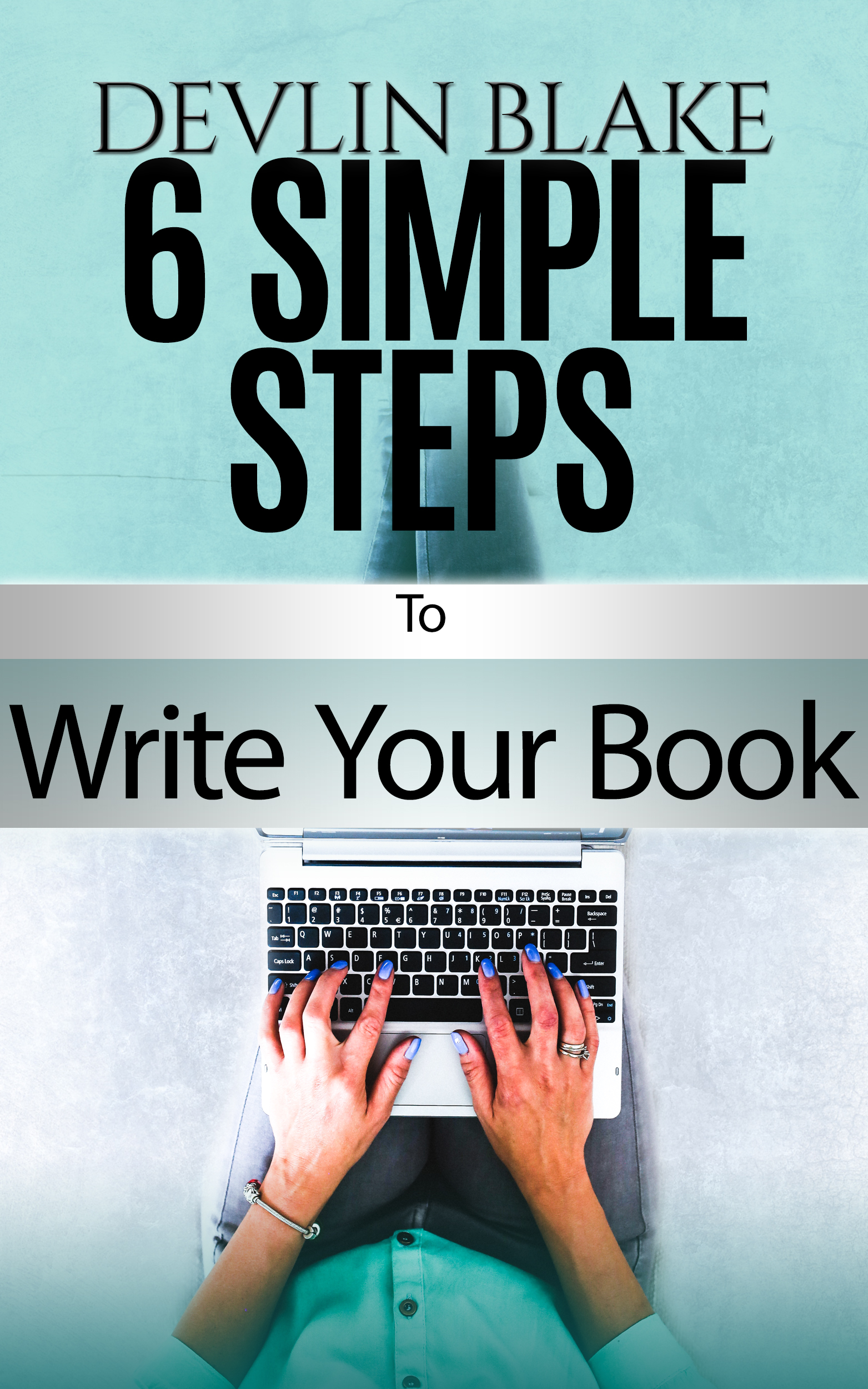
6 Steps To Write A Book
Let me know where to send it...

Let me know where to send it...
This is Part 2of a two-part article on publishing the first part can be seen below.
Still, some people want to publish traditionally. It’s not my choice, but if it’s going to be yours, there are things you need to know before you head down that path.
Publishing houses cost a lot to run; all those editors, designers and so on staff. So it’s typical to receive only 10%-20% royalties on your book. (20% is for writers who have already established themselves.) Even commercially successful writers like Stephen King doesn’t get more Royalties than that.
Back to the large investment of the publishing houses, they need to sell an average of a million books to break even. So if your book is highly niche and doesn’t look like it will easily sell a million, they flat out don’t want it. However, that doesn’t mean your book is no good.
Once, publishing houses were looking for a diamond in the rough. That time was before the internet went mainstream. Now, with the RIse Of The Indie Publisher, they realize it’s a smarter business move to scoop up a popular indie once they’ve ‘proved’ they have a fanbase. 50 Shades of Gray, Meg, and The Martian were all indie authors whose book got scooped up, then turned into movies. It’s easy for the publishing houses to turn a small star into a superstar, but it’s much harder for them to turn a nobody into a small star. That brings us to the next point
Once, publishing houses were responsible for bringing your book to the public. Today, unless you’re already somebody, they are just responsible for getting it in bookstores. Yes, they’ll book some signings and some interviews for you, but the bulk of the marketing on social is up to you. And if you’re going to do all that work, I certainly think you should be getting a bigger piece of the pie.
Publishing houses think they know what sells. And some of them do. Because of this, they are titling and having a cover done for your book with zero input from you. And they don’t care how you feel. Even Stephen King has had covers he couldn't stand plastered on his books. Now, it’s true that covers sell the book, but not every publishing house understands how to sell a book with covers. So it may or may not be good.
Publishing houses need to sell an average of a million books just to break even. So if they see potential in your book, but it’s not there yet, they’re going to ask for changes. Refusing to make them means they will pick someone more agreeable. In some cases, this can result in a better book (like To Kill a Mockingbird) but other times, it will completely ruin your book.
There are many different types of books. First rights, all rights (don’t sell all rights. Only ghostwriters sell that one.), Movie/tv rights. Digital rights, translation rights, audio rights, exclusive rights, all rights fixed term, and several others. The best rights are the ones that go back to you in a few years. But if all this talk about rights has your head spinning, then don’t sign a contract without a lawyer.
This is something no one wants to talk about, or even think about. However, it’s important to read the contract carefully. Many smaller presses can and do go under. However, sometimes, when they do, they still have your rights. This means you simply can’t republish your book with the royalties going to you. In some cases, you might wait years to get them back. In other cases, you might never get them back. Make sure the contract spells out what happens if the publishing house goes under.
The average time it takes to find a publisher is 5 years. However, finding a publisher is not guaranteed. And getting many rejection letters is par for the course. Dr. Suess was rejected 27 times. J.K. Rowling was rejected 12 times. James Patterson was rejected 31 times. And even Chicken Soup for the Soul was rejected 144 times. What they all had in common was they didn’t give up. And none of them was trying to make it in the Rise Of The Indie Publisher.
It takes an average of 18 months for a publishing house to bring a book to market. It’s a labor and time-intensive process, but part of that is because your book is in a queue. For some books, the extended lead time doesn’t matter, but for others, time is of the essence.
Do you have other questions about publishing traditionally? If so, ask in the comments.